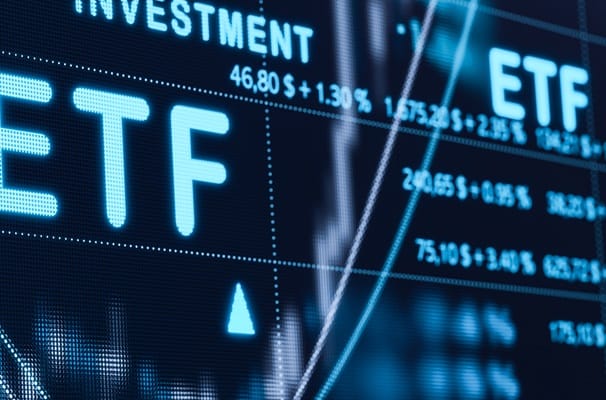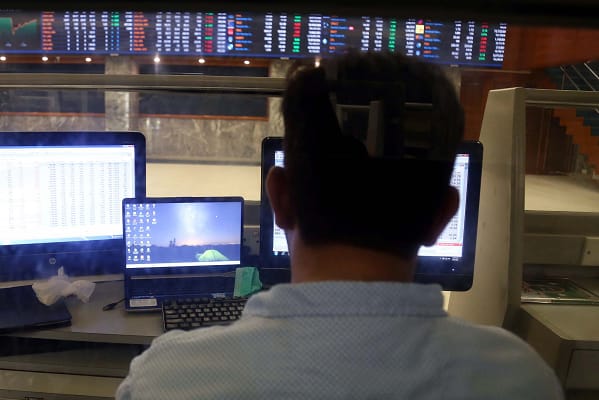Heightened emotions, such as anger, can play a critical role in triggering risk-seeking behaviour, finds new research by emlyon business school.
The study, conducted by Brice Corgnet, Professor of Finance at emlyon business school, investigated how investors emotions provoked by tail events effected their investment decisions.
A tail event is an occurrence that deviates significantly from the normal distribution of events. These events are rare but have a disproportionately large impact on the market, causing significant losses and unpredictability – an example is the 2008 financial crash.
The researchers found that investors who suffered tail losses often took more risks and increased their bids, whereas those who didn’t suffer losses decreased their bids.
In particular, the study reveals that the increase in bids were substantially larger for those prone to anger and strong emotions after tail events.
“Emotions play a critical role in triggering risk seeking after substantial losses; however, we should be cautious in implementing strategies such as stop-loss orders, this could upset traders and lead them to increase risk taking in other investment decisions,” says Professor Brice Corgnet.
The findings come from a two-step study, conducted by the researchers. In the first step, participants earned money by responding to a survey regarding various psychological and cognitive characteristics, and in the second step participants played a repeated investment task while physiological measures were recorded.
To measure the participants emotions, the researchers measured skin conductance (a proxy for sweating) and conducted a post-experiment questionnaire asking participants how they felt when faced with a tail event.
The results clearly showed that anger was the most dominant emotion when tail losses occur and it was associated with a strong physiological response measured with skin conductance. This emotional response led to increase risk-taking.






Leave a Comment